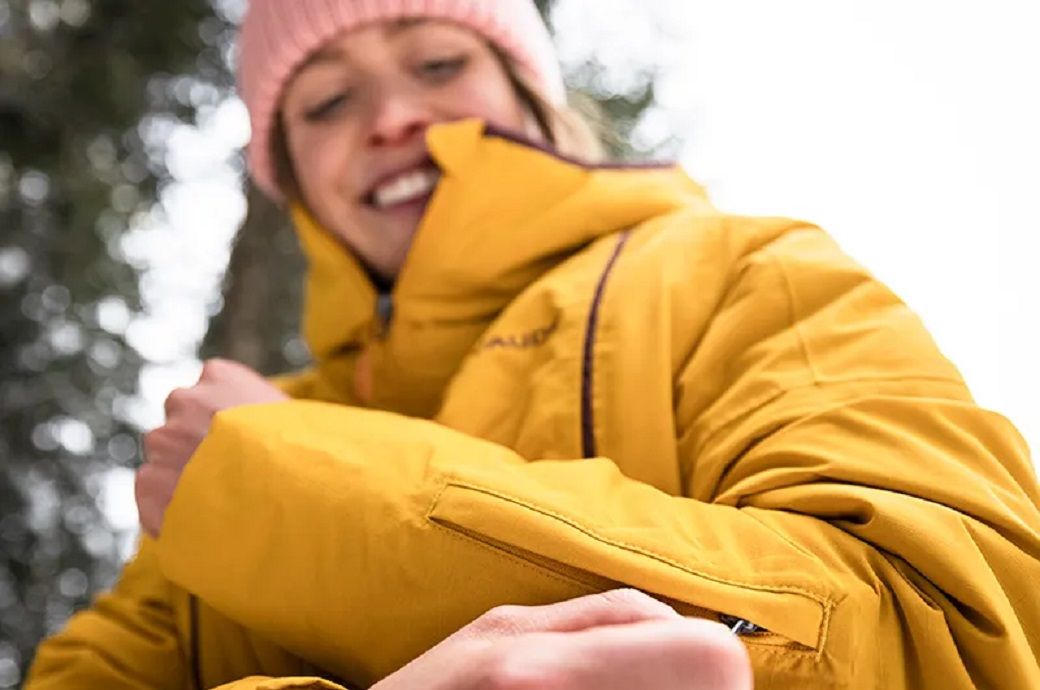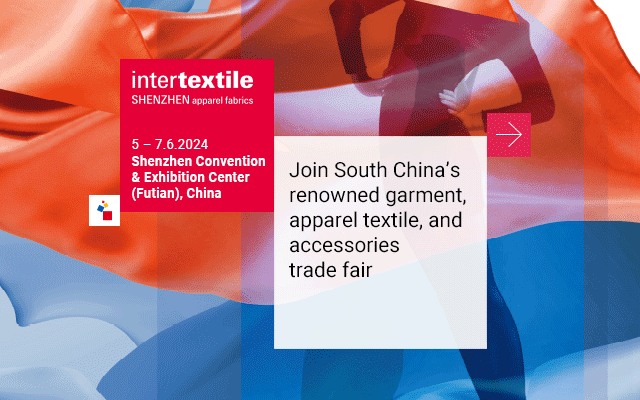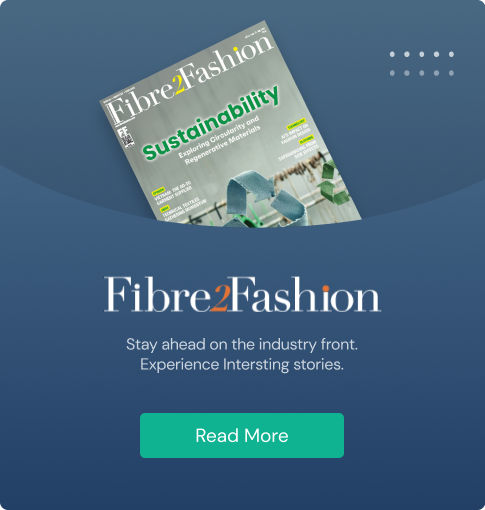Shift from fossil-based materials vital for outdoor gear sector: Vaude

Insights
- The senior innovation manager of European outdoor equipment supplier Vaude emphasised the importance of renewable carbon, including CCU, biomass, and recycling in an interview with Fibre2Fashion.
- He noted the role of innovations like Mass Balance Allocation systems.
- The industry's focus on energy, water, and chemical conservation was also highlighted.
“Considering the planetary boundaries, it is essential to carefully evaluate alternative options in the realm of renewable carbon, focusing on the three pillar feedstock inputs—CCU (Carbon Capture and Utilisation), biomass, and recycling. Significant innovations are taking place, and the adoption of Mass Balance Allocation systems is instrumental in facilitating a rapid transition to renewable carbon solutions, thereby defossillising the industry,” he told F2F.
“These systems allow for the recycling of materials that were previously challenging to recycle, such as waste tyres, complex and contaminated plastics, among others,” he added, indicating progress in utilising biomass feedstock and the emerging challenges of textile-to-textile recycling.
Bethmann also drew attention to innovations in textile machinery, with special reference to this year’s ITMA exhibition, where the industry’s focus on energy, water, and chemical conservation was evident. The introduction of verified product passports will help in better communicating and improving the industry’s ecological footprint.
As for differentiating themselves in a competitive market, Bethmann noted, “In today’s business landscape, selling a physical product alone is no longer enough. To thrive and stay ahead, companies need to offer additional services beyond the product itself. Rental services, repair services, and educational services are some examples of the value-added services that can make a significant impact on the overall business.”
Click here to read the full interview.
Fibre2Fashion News Desk (NB)
































-Ltd..jpg?tr=w-120,h-60,c-at_max,cm-pad_resize,bg-ffffff)





.jpg?tr=w-120,h-60,c-at_max,cm-pad_resize,bg-ffffff)
.jpg?tr=w-120,h-60,c-at_max,cm-pad_resize,bg-ffffff)






